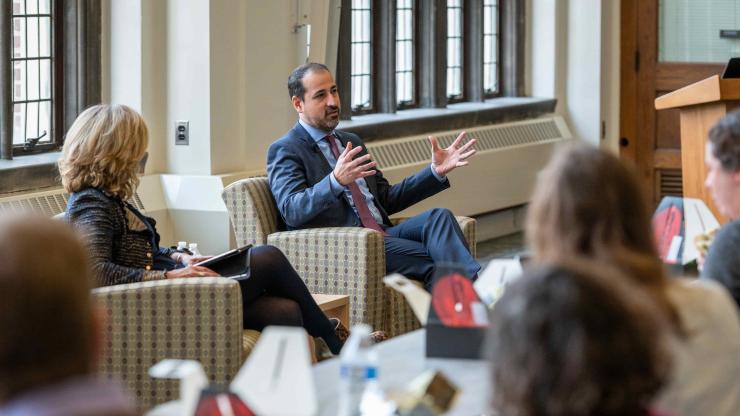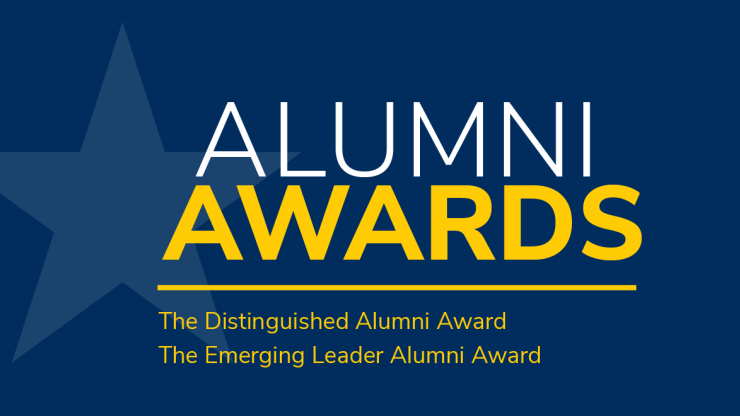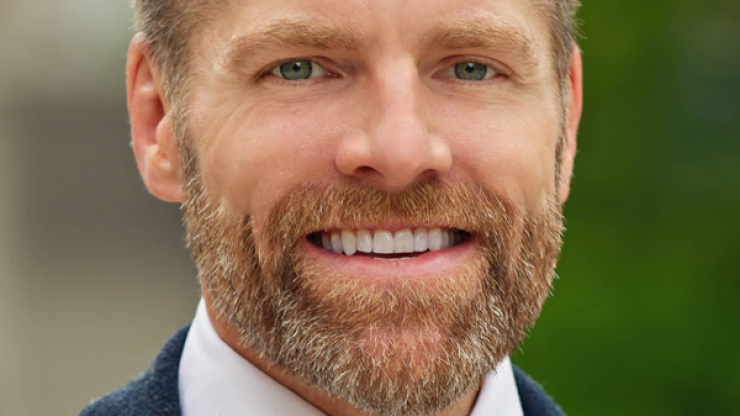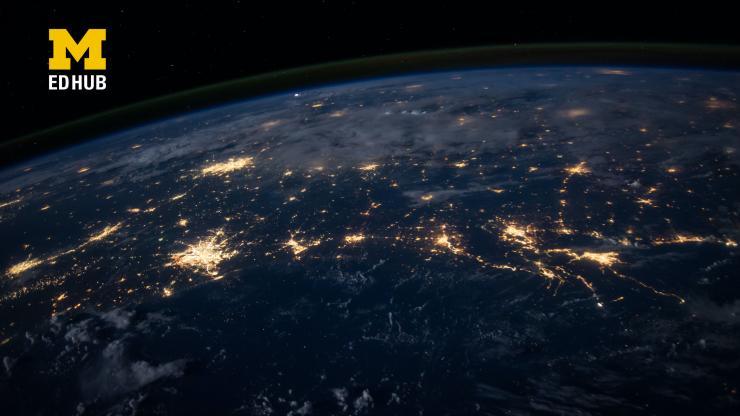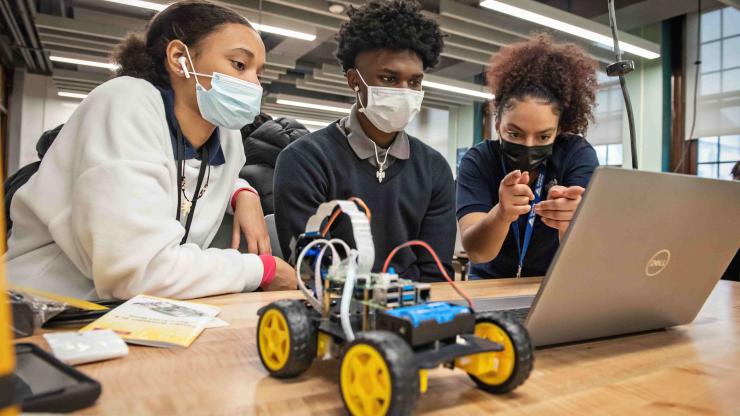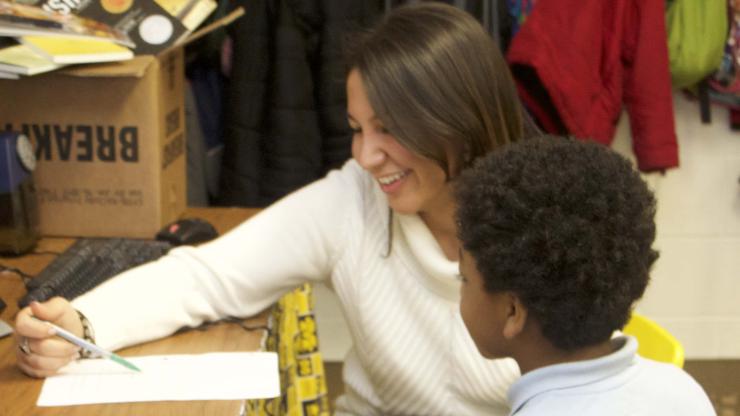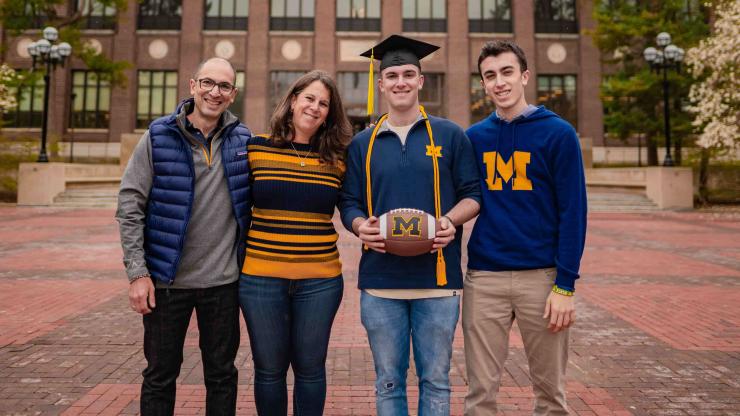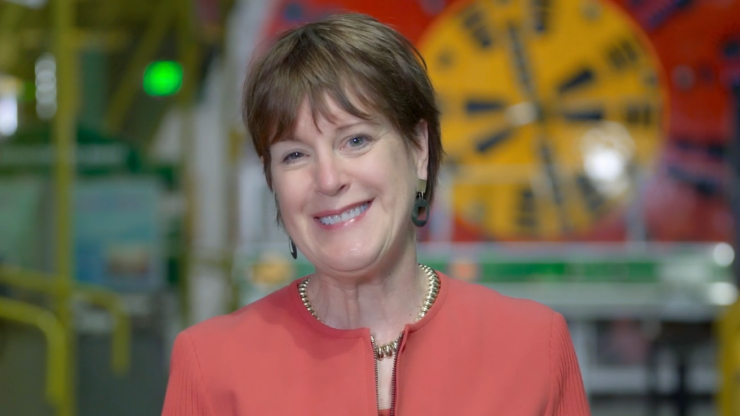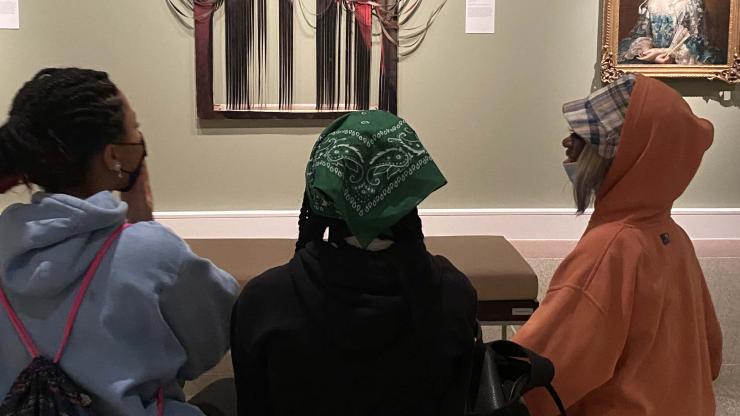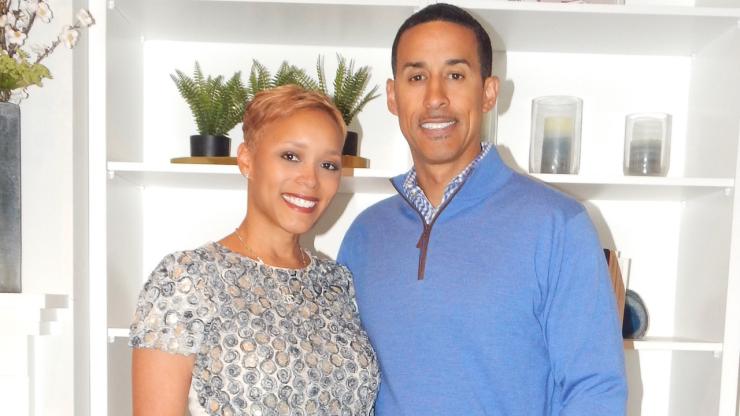
Spring 2022

Elizabeth Birr Moje
Dean's Letter
Several weeks ago, our graduates filled Hill Auditorium to celebrate commencement with their friends, families, faculty, and fellow graduates. It was the first time since 2019 that we were able to hold this joyous event and it was made particularly special by the 2020 and 2021 graduates who were able to join the class of 2022 in reviving this important tradition.
“Commencement” means “beginning,” which is the perfect way to think about our graduates heading toward the next phase of their careers. It also has meaning for our Marsal Family School of Education as we embark together on our second century of teaching, learning, researching, building, uplifting, and transforming.
We hold the challenges and opportunities of our current moment in clear focus as we blaze the path ahead. We are using our rich and deep understanding of teaching and learning at all levels—pre-K through higher education—to make meaningful, lasting improvements in our world.
“Commencement” means “beginning,” which is the perfect way to think about our graduates heading toward the next phase of their careers. It also has meaning for our Marsal Family School of Education as we embark together on our second century of teaching, learning, researching, building, uplifting, and transforming.
We hold the challenges and opportunities of our current moment in clear focus as we blaze the path ahead. We are using our rich and deep understanding of teaching and learning at all levels—pre-K through higher education—to make meaningful, lasting improvements in our world.
With the largest gift in our school’s history, we are heading into our second century poised to reshape learning and teaching by advancing knowledge and practical applications in the learning sciences. The generous investment from Ms. Eileen Lappin Weiser will found a center dedicated to the creation of powerful child- and youth-centered learning experiences.
As we welcome the first faculty hires of our new century we are proud to attract the next generation of education experts, collaborators, and mentors to our community. The excellence of our faculty will continue to define our school as their work drives us in fascinating and vital new directions.
In our next century, we are exploring ways to bring our knowledge of teaching and learning to myriad contexts both in and out of the classroom. Educators have the potential—even obligation—to support the emergence of a more collaborative, dialogic society in which all people can communicate across difference. What if we prepared more people to think like teachers? They would prioritize listening, learning, and understanding. This inclination could change the way that people engage with one another, particularly when approaching challenging topics and attempting to solve complex problems.
Though our work extends in many directions, we share a core commitment to diversity, inclusion, justice, and equity (dije). From practicing socially just and antiracist pedagogies to using our research findings to advocate for just policies, we enter our next century with the recognition that studying and improving education is inseparable from our determination to develop more effective and socially just systems.
We begin this issue of Michigan Education with an introduction to the six alumni who were recognized as Marsal Family School of Education Alumni Award recipients. Established in honor of our centennial, these awards celebrate alumni who extend the mission and values of our school through their work. Our congratulations go to Dr. Ann Austin, Dr. Brian Burt, Mr. Travon Jefferson, Mrs. Alycia Meriweather, Dr. Laura Perna, and Dr. Lin Chu Wong, who were chosen by the selection committee in three different award categories. Our alumni inspire us with their profound contributions to their communities and the field of education.
In our P-20 partnership school, The School at Marygrove, Marsal School alumna and teaching resident Ms. Isra Elshafei teaches a class on robotics to 11th graders as part of the school’s Human Centered Design and Engineering curriculum. Readers may be surprised to learn how many skills and subjects can be taught through building and programming robots. Inspired by Michigan Engineering’s Robotics 101 course, this high school level class exemplifies the exciting curriculum and outstanding instruction that characterizes this partnership.
The research teams in our Center for the Study of Higher and Postsecondary Education investigate equitable access to education opportunity from applying to college to paying off student loan debt years after graduation. In this issue, Dr. Peter Bahr shares findings from his projects investigating how community college systems can better serve the needs of their students. This work is critically important in part because of the diverse and underserved populations that rely on community college instruction as a path to greater economic opportunity.
As part of our commitment to make education expertise accessible, useful, and responsive to the needs we hear expressed, we are pleased to announce the launch of our new EdHub for Community and Professional Learning. The nascent EdHub is growing quickly to offer courses, events, and professional credentials for educators, policymakers, families, and everyone who wants to engage more deeply with education topics. We invite you to join us from wherever you are in the world. The EdHub vision is to build a global community around the improvement of education.
In response to significant teacher shortages, we expanded our Michigan Alternate Route to Certification program this year to help Michigan districts fill vacancies with qualified, dedicated educators. Michiganders who hold a bachelor’s degree and want to enter the teaching workforce can begin work quickly and with supervision and support for three years. With a current enrollment of 47 and growing—and an average participant age of 39 years—the program has drawn aspiring teachers from across Michigan’s lower peninsula, many of whom are career-changers or previously worked in other education-related roles. We hope that together with our other two certification pathways—bachelor’s with certification and master’s with certification—we can ease the strain on schools and families and remove barriers for people interested in entering the teaching profession.
We enter this new century of our school’s history with the bold ideas, collaborative spirit, and unyielding conviction to make transformational contributions to our world.
Elizabeth Birr Moje
Dean
After 18 months of primarily remote work and study, the SOE community reconvened in person last fall
A new annual award is launched in honor of the SOE's centennial
Professor Peter Bahr’s research aims to improve the way community colleges serve the diverse needs of students
The SOE launches a new center of online learning
A peek inside Isra Elshafei’s robotics class at The School at Marygrove.
SOE’s Michigan Alternate Route to Certification expands its program to create the Initial Certification Pathway
There are many ways to contribute to the School of Education
The Eileen Lappin Weiser Learning Sciences Center seeks to make meaningful learning experiences accessible to all children and youth
UMMA and the SOE work together to tackle art education’s unsettling history
A new scholarship helps students from Detroit pursue the Detroit teaching school pathway
What began as a conversation in class turned into a two-day conference organized and run by SOE and School of Information graduate students
